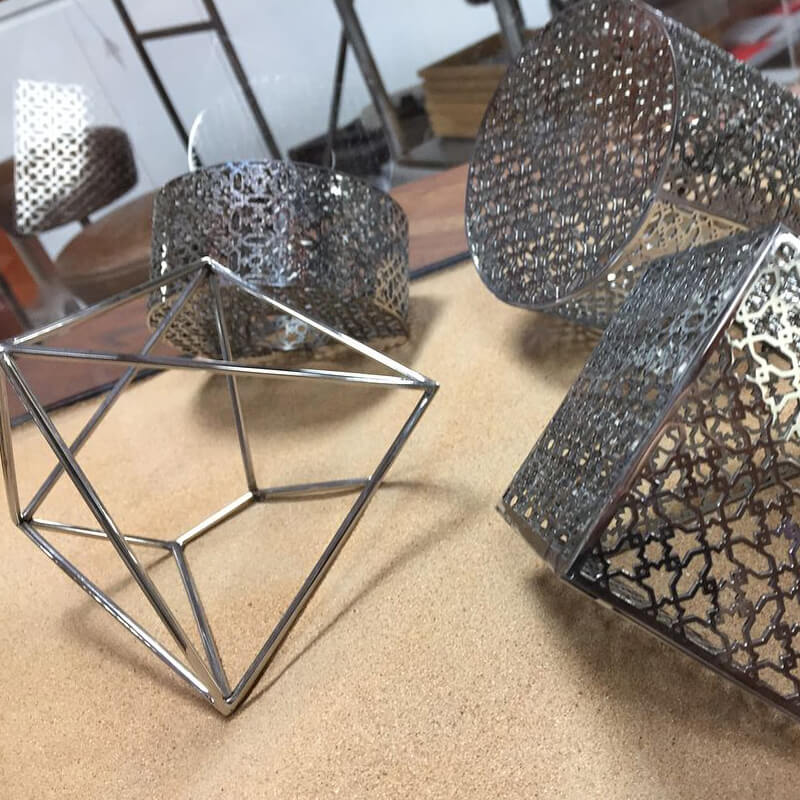
Common Technical Skills Every Metal Fabricator Should Have
Metal fabrication demands precision, technical knowledge, and practical abilities to change raw materials into functional components. Skilled fabricators apply various techniques and tools to meet exact project specifications. These abilities support consistent results, structural strength, and aesthetic appeal in finished products, making technical competence a core element of success in this profession.
Measuring and blueprint reading:
Accurate measurement is essential in fabrication. A metal fabricator in Dubai must read and interpret blueprints, technical drawings, and specifications to understand dimensions and tolerances. Using tools like calipers, tape measures, and micrometers, they ensure each piece aligns with the necessary standards before cutting or shaping the material.
Cutting and shaping techniques:
Metal cutting is performed with precision tools such as shears, saws, plasma cutters, and laser systems. Shaping processes like bending and rolling are carried out using press brakes and rollers. Mastery of these techniques ensures components fit correctly within the larger structure or assembly.
Welding proficiency:
Welding joins separate metal parts into a unified structure. Fabricators must be skilled in different welding methods, such as MIG, TIG, and stick welding. Each method serves specific applications, depending on the type of metal and the intended use of the final product.
Machinery operation:
Operating fabrication machinery safely and efficiently is a vital skill. From CNC machines to grinders and polishing equipment, fabricators must understand how to set up, adjust, and maintain each tool. Proper machine handling reduces material waste and improves production accuracy.
Metal finishing processes:
After shaping and welding, components may undergo finishing to improve durability and appearance. Techniques like sanding, deburring, and polishing remove imperfections and prepare the surface for coatings or further processing. Attention to these steps improves the quality and longevity of the product.
Quality control checks:
Fabricators must carry out inspections throughout the process to maintain standards. This can include checking alignment, weld integrity, and dimensional accuracy. Quality control ensures that the finished piece meets all technical requirements before leaving the workshop.
Problem-solving abilities:
Technical skills extend beyond physical processes. Fabricators often encounter unexpected issues, such as material defects or alignment discrepancies. The ability to identify these issues and adjust processes accordingly supports efficiency and prevents delays in production.




